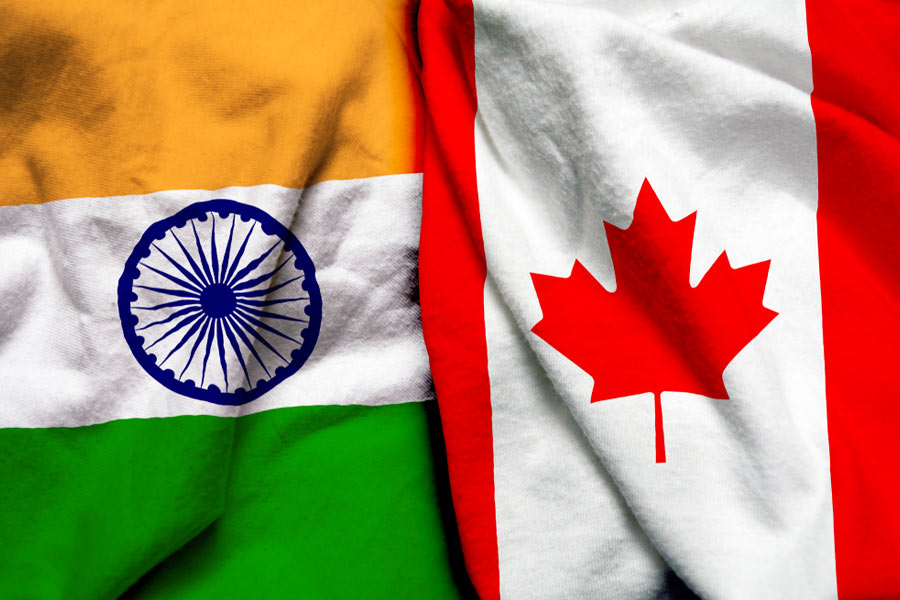External affairs minister S. Jaishankar had a phone conversation with his Canadian counterpart Anita Anand on Sunday night, the first publicly acknowledged political-level contact between the two countries since they expelled six of each other’s diplomats in mid-October.
Prime Minister Narendra Modi and Jaishankar had earlier congratulated their Canadian opposite numbers after they assumed office earlier this month following national elections in the North American country.
Sunday’s phone conversation took place ahead of next month’s G7 meeting in Alberta, amid speculation whether hosts Canada would continue with the grouping’s tradition of inviting India as a guest to the summit.
As of now, there is only word about Canada inviting Australia and Ukraine.
There was no indication of Canada inviting India in the posts put out by the two foreign ministers on X.
Jaishankar’s post said: “Appreciate the telecon with FM @AnitaAnandMP of Canada. Discussed the prospects of India-Canada ties. Wished her a very successful tenure.”
Anand, Canada-born daughter of Indian immigrants, said: “Thank you Minister @DrSJaishankar for the productive discussion today on strengthening Canada-India ties, deepening our economic cooperation, and advancing shared priorities. I look forward to continuing our work together.”
Although Anand belongs to the Liberal Party of former Canadian Prime Minister Justin Trudeau, whose tenure witnessed a strain in bilateral ties, New Delhi hopes for a reset in relations. The government of Mark Carney, the new Premier, is not dependent on the pro-Khalistan New Democratic Party for survival.
Sunday’s contact between the two foreign ministers came more than seven months after the two capitals had expelled or “withdrawn” six diplomats each, including the high commissioners.
This was part of the fallout from Trudeau’s allegation, in the Canadian House of Commons in September 2023, of an Indian government hand in the killing of Khalistani separatist Hardeep Singh Nijjar in British Columbia. India rejected the charge.
India decided to withdraw six of its diplomats, including the high commissioner, after Ottawa named them in October 2024 as “persons of interest” in the Nijjar murder investigation. Canada claimed the six had been expelled.
India reciprocated by expelling six Canadian diplomats, including the chargé d’affaires and the deputy high commissioner. The Canadian mission in India was already functioning without a high commissioner, the last incumbent having completed his term.
There were reports of back-channel efforts to mend fences after Trudeau resigned as Prime Minister before the national elections under pressure from his party.
India, however, decided to wait for a new government to be sworn in before making any substantive moves.
New Delhi’s consistent stand has been that the downturn in bilateral relations was the result of the licence given to extremist and secessionist elements in Canada.










